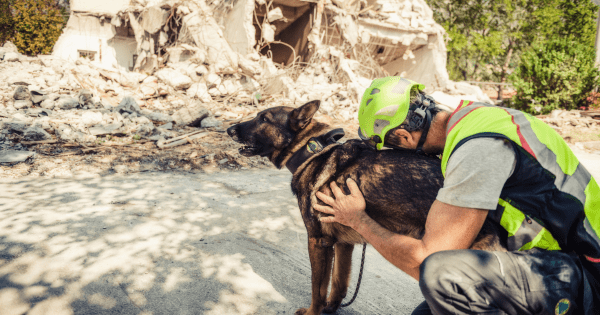Adopting a rescue dog can be one of the most rewarding experiences in life. It’s a decision filled with love, compassion, and a desire to give a dog a second chance at life. However, before diving into the world of rescue dog adoption, it’s essential to be well-informed and prepared. Rescue dogs come from various backgrounds, each with unique needs, personalities, and challenges. This article will provide a comprehensive guide on what you need to know before adopting a rescue dog, ensuring a smooth and successful transition for both you and your new furry friend.
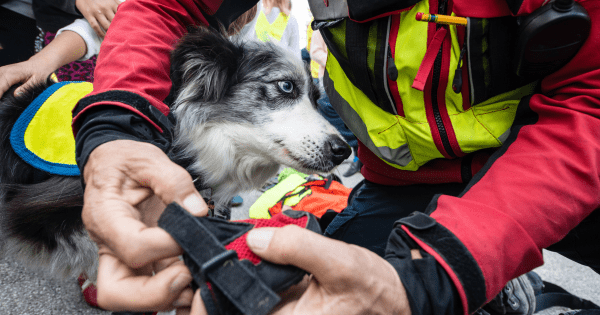
1. Understanding the Background of Rescue Dogs
Rescue dogs often come from shelters, foster homes, or animal rescue organizations. These dogs may have been abandoned, surrendered by their owners, or rescued from harmful environments. Some may have been strays, while others could have experienced abuse or neglect. Understanding that these dogs may have had difficult pasts is crucial when considering adoption. Their experiences can impact their behavior, trust levels, and overall well-being.
It’s important to be patient and compassionate when adopting a rescue dog. They may need time to adjust to their new surroundings, and they might exhibit signs of fear or anxiety initially. Every dog has its own unique story, and knowing a bit about your potential pet’s background can help you create a supportive and nurturing environment for them.
2. Assessing Your Lifestyle and Compatibility
Before adopting a rescue dog, take a moment to assess your own lifestyle. Dogs require time, energy, and attention. Ask yourself the following questions:
- Do you have enough time to devote to training, exercise, and companionship?
- Is your home environment suitable for a dog?
- Are you financially prepared to handle the costs of pet care, including vet visits, food, grooming, and potential emergencies?
- What kind of dog would best suit your lifestyle? For example, do you need a dog that is energetic and enjoys outdoor activities, or would a calmer, older dog be a better fit?
Considering these factors will help you make a more informed decision and ensure that the dog you adopt is a good match for your home and lifestyle.
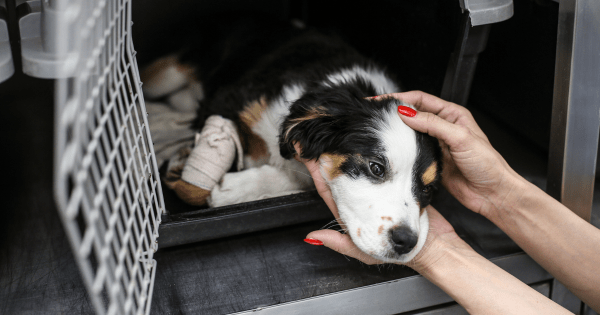
3. Choosing the Right Rescue Dog for You
Not all rescue dogs are the same. Some are young and playful, while others may be older and more laid-back. It’s important to choose a dog that aligns with your personality and living situation. For instance, if you live in a small apartment, a large, active dog might not be the best fit. On the other hand, if you have a spacious yard and enjoy outdoor activities, a high-energy dog could be an excellent companion.
It’s also essential to consider the dog’s temperament. Many rescue dogs undergo temperament testing before being made available for adoption. This testing helps determine whether a dog is friendly, shy, or aggressive, and it can also provide insights into how the dog interacts with other pets and children. Talk to the rescue organization or shelter staff about the dog’s personality and any behavioral traits they’ve observed. This can help you find a dog that fits well with your home environment.
4. The Importance of a Trial Period
Many rescue organizations and shelters offer a trial period or foster-to-adopt option. This allows you to bring the dog home for a short period to see if they are a good fit for your household. During this time, you can observe how the dog interacts with family members, other pets, and its new environment.
The trial period is an excellent way to ensure that the adoption is the right choice for both you and the dog. If any issues arise, you can address them with the support of the rescue organization. Additionally, the trial period allows the dog to acclimate to its new surroundings, reducing the chances of rehoming later due to unexpected challenges.
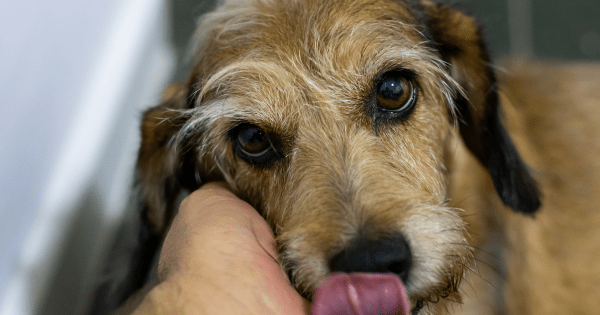
5. Preparing Your Home for a Rescue Dog
Before bringing a rescue dog into your home, it’s important to create a safe and welcoming environment. Here are a few steps to ensure your home is ready:
- Dog-proof your home: Remove any hazardous items, such as chemicals, sharp objects, or small items that the dog might chew on. Ensure that your home is free of anything that could potentially harm the dog.
- Create a designated space: Set up a comfortable space for your new dog. This could be a cozy bed, crate, or blanket in a quiet area of the house. Giving the dog a designated space will help them feel more secure.
- Stock up on supplies: Make sure you have all the necessary supplies before the dog arrives. This includes food and water bowls, a collar and leash, toys, grooming tools, and dog food.
- Set up a routine: Dogs thrive on routine, so it’s a good idea to establish a consistent feeding, walking, and playtime schedule from the start. This helps the dog adjust more quickly to its new home.
6. Building Trust and Bonding with Your Rescue Dog
Building trust with a rescue dog may take time, especially if the dog has experienced trauma or neglect in the past. Patience is key. Allow the dog to come to you on its terms, and avoid forcing physical contact or interactions. Gradually, as the dog begins to feel more comfortable, you can work on building a bond through positive reinforcement, such as treats, praise, and gentle affection.
Consistency is crucial in establishing trust. Stick to a daily routine, and provide plenty of opportunities for positive interactions. Taking your dog for walks, engaging in playtime, and offering treats for good behavior will help create a strong bond over time. Additionally, be mindful of the dog’s body language—if they seem fearful or anxious, give them space and allow them to approach you when they’re ready.
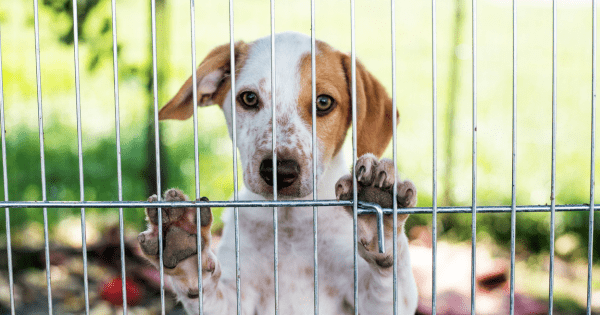
7. Training and Socializing Your Rescue Dog
Training is an essential part of helping your rescue dog adjust to their new life. Whether the dog is a puppy or an adult, consistent training can improve their behavior and make them more confident and well-adjusted. Positive reinforcement training, which rewards good behavior with treats or praise, is highly effective and helps build trust between you and the dog.
In addition to basic commands like sit, stay, and come, leash training is vital. Many rescue dogs may not have had previous experience walking on a leash, so it’s important to teach them gradually.
Socialization is equally important, particularly if the dog is shy or fearful. Gradually introduce them to new people, pets, and environments to help them become more comfortable. Socializing your dog can reduce anxiety and improve their overall behavior in public settings.
8. Health Considerations and Vet Visits
Rescue dogs may come with unknown health histories, so scheduling a vet visit shortly after adoption is crucial. During the initial check-up, the vet will assess the dog’s overall health, administer any necessary vaccines, and recommend preventive care such as flea and tick treatments or heartworm medication.
Some rescue dogs may have pre-existing medical conditions that require ongoing care. Make sure you discuss any known health issues with the shelter or rescue organization before adoption. Being aware of potential medical needs will help you prepare both emotionally and financially for any future vet visits or treatments.
9. The Emotional Rewards of Adopting a Rescue Dog
Adopting a rescue dog is not just about giving a dog a home—it’s about transforming their life. Many rescue dogs have faced neglect, abandonment, or mistreatment, and by adopting them, you’re giving them a second chance at a loving and stable life.
The emotional rewards of adopting a rescue dog are immense. You’ll witness firsthand the transformation of a scared or shy dog into a happy, confident companion. The bond formed between you and your rescue dog will be deeply fulfilling, as both of you embark on a journey of trust, love, and companionship.
